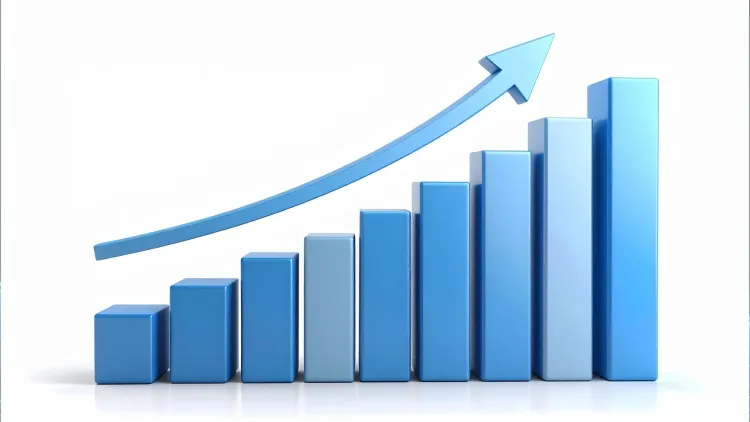Will Indian Corporates Really Double Their Capital Spending to $800-$850 Billion in the Next Five Years?

Synopsis
Key Takeaways
- Indian corporates are set to double capital spending to $800-$850 billion.
- Investments will primarily be financed through operating cash flows.
- Focus areas include renewable energy, airlines, and green hydrogen.
- Successful investment execution can lead to lasting business efficiencies.
- Traditional sectors are expected to grow at a steady 30-40% rate.
New Delhi, June 10 (NationPress) Indian corporates are set to double their capital expenditures to $800 billion-$850 billion in the next five years, primarily supported by operating cash flows and a robust array of domestic funding options, according to a report released by S&P Global Ratings on Tuesday.
Unless there are significant execution errors or adverse macroeconomic shifts, these investments are expected to enhance business scale without increasing leverage, the report emphasizes.
“Corporate India is actively pursuing growth prospects. We believe that Indian firms are well-positioned for a growth surge. Balance sheets are at their leanest in years. Firms are investing to cater to demand bolstered by favorable government policies and a positive economic outlook,” stated the credit rating agency.
The successful execution of these plans would expand their operational scope, delivering lasting cost savings and enhancing business efficiencies.
Increased investments in power, especially in renewables, are anticipated to be a significant area of expenditure. Investments in power—including transmission—alongside airlines and emerging sectors like green hydrogen are projected to represent around three-quarters of the rise in capital expenditure over the next five years.
“In absolute terms, investments in airports could potentially double or even triple during this timeframe. Traditional sectors such as steel, cement, oil and gas, telecom, and automobiles are expected to grow steadily at a rate of 30-40 percent,” the report noted.
Strong starting points and robust operating cash flows will help maintain credit pressures within manageable limits. Companies across various sectors have significantly reduced their leverage over the past three to four years, including utilities (with the exception of renewables).
Earnings and operating cash flow across industries have increased by about 60 percent or are nearly double the levels seen five years ago, and this trend is expected to continue, according to the report.
In the airline sector, total investments in new aircraft are likely to surpass $100 billion.
Emerging sectors such as green hydrogen, semiconductors, and battery manufacturing are expected to receive substantial debt financing. However, these initiatives are predominantly led by large firms, including conglomerates, as indicated by the report.









